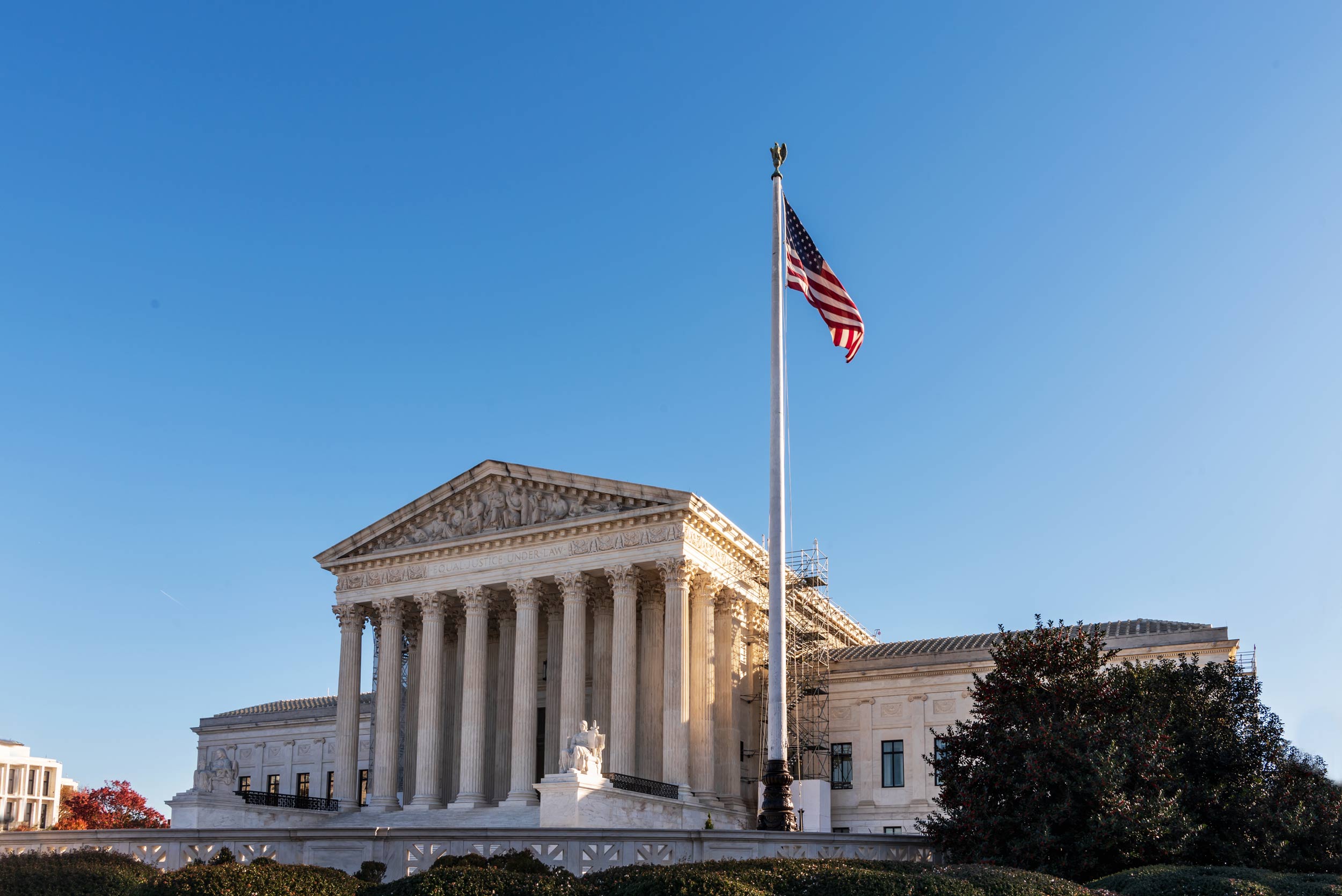Q. Could there be a constitutional challenge to term limits or an ethics code?
A. Yes. The arguments in favor of the constitutionality of an ethics code are very strong, though it depends a bit on how that code is structured. Congress has long exercised authority to regulate the way in which the Supreme Court operates – including setting a quorum, setting the date on which the court starts each year’s term, requiring recusals in cases of bias and requiring reporting of gifts and income.
Nothing in the Constitution’s text prohibits such regulation of the justices and the operation of the court. To the contrary, the Constitution requires that Congress enact legislation to establish the court and sets the rules for its operation. In addition, the lower federal court judges are already subject to an ethics code which has long been considered constitutional. For all those reasons, as long as an ethics code did not interfere with the court’s decisional independence by penalizing justices for their decisions, then it would be constitutional.
Term limits seem constitutionally problematic because the Constitution provides that the justices “shall hold their offices during good behavior.” Some argue that the term “office” is capacious enough to permit Congress to require that after 18 years justices stop hearing cases and engage in other judicial duties because that would not deprive them of their “offices.” But I believe shifting the justices from deciding cases to administrative tasks is at odds with the spirit of the life-tenure provision, and so any change would require a constitutional amendment.
It also is worth noting that the Supreme Court itself would be the ultimate decision-maker on the constitutionality of legislation like this, though if there was lots of public support for these laws the court might find it difficult to invalidate them.
Q. What would a workable binding code of conduct look like?
A. Ideally, it would include a mechanism for submitting complaints and a method for quickly dismissing frivolous complaints. For complaints with some substance to them, the law should require a rotating group of judges or justices to investigate and determine whether there has been a violation.
Sanctions can follow the model already established in the Judicial Conduct and Disability Act, which currently applies only to lower federal court judges. Examples of sanctions include public statement of censure, private censure, requiring a justice to undergo a training (for example, training related to managing office staff), requiring a public statement of apology, recommending articles of impeachment, etc.
Q. What is the path for enacting such reforms? Is it likely to happen?
A. For an ethics code, the ordinary legislative process. But term limits likely need a constitutional amendment.
I could envision an ethics code eventually being enacted into law, even though I don’t think it is likely to happen soon. A constitutional amendment putting term limits in place would be much harder, though I also think that is the more important of the two proposed reforms.
Q. Are there other reforms you suggest?
A. I suggest that presidents and the Senate ask nominees to commit to retiring after 18 years; even if it is not binding. I think it is helpful to get a nominee to publicly state that he or she will retire after 18 years. I also suggest Congress legislate to give the court less control over its docket and require it to meet in Washington, D.C., more often; all changes that would encourage retirement and make the job more difficult and less palatable for an aging justice.











